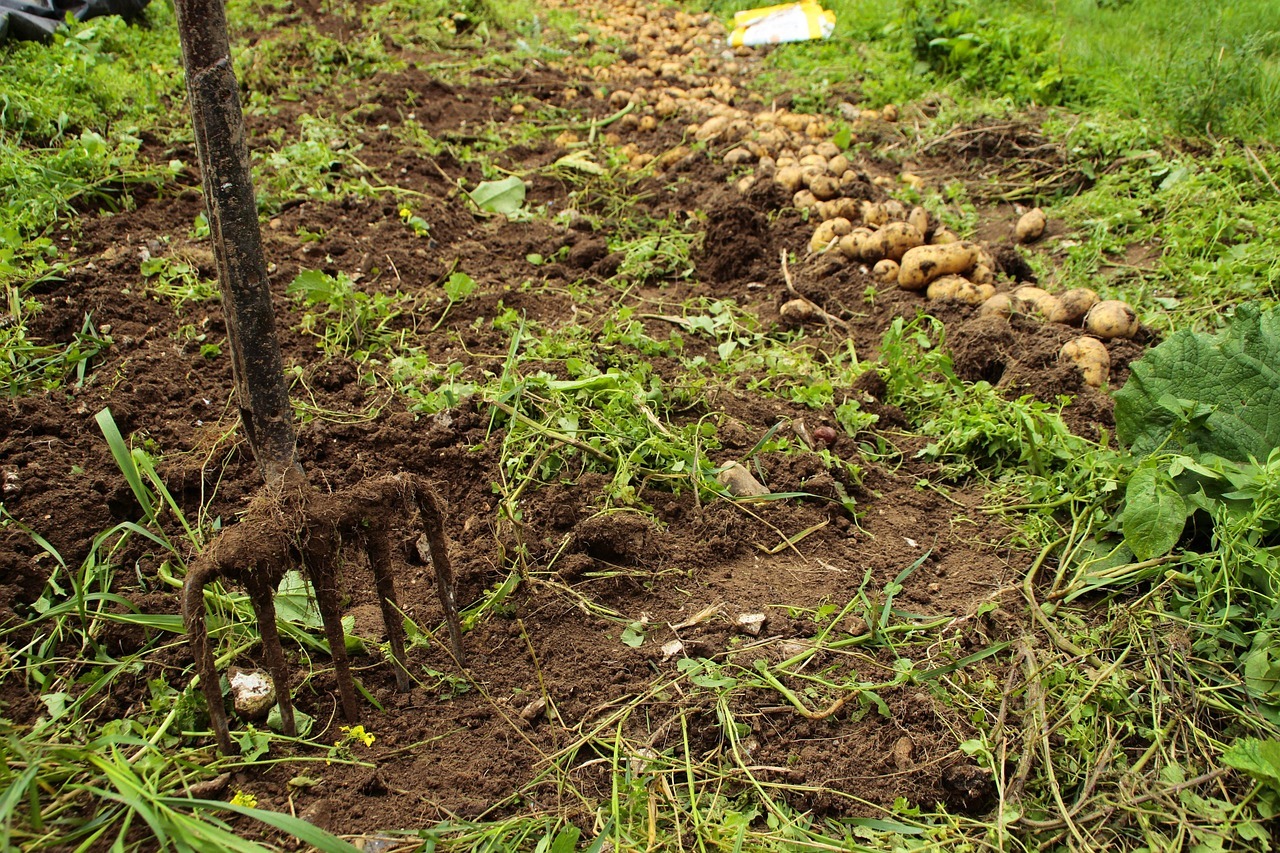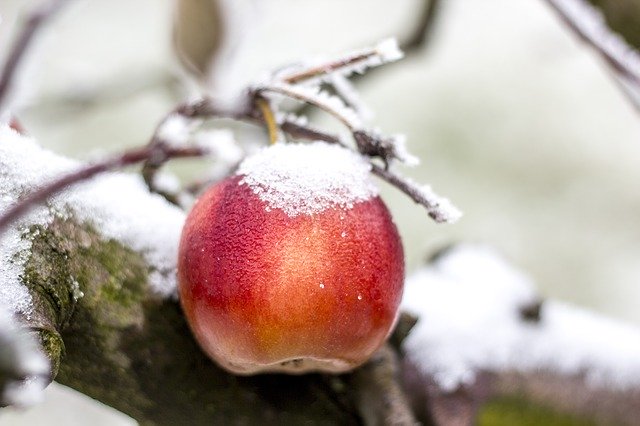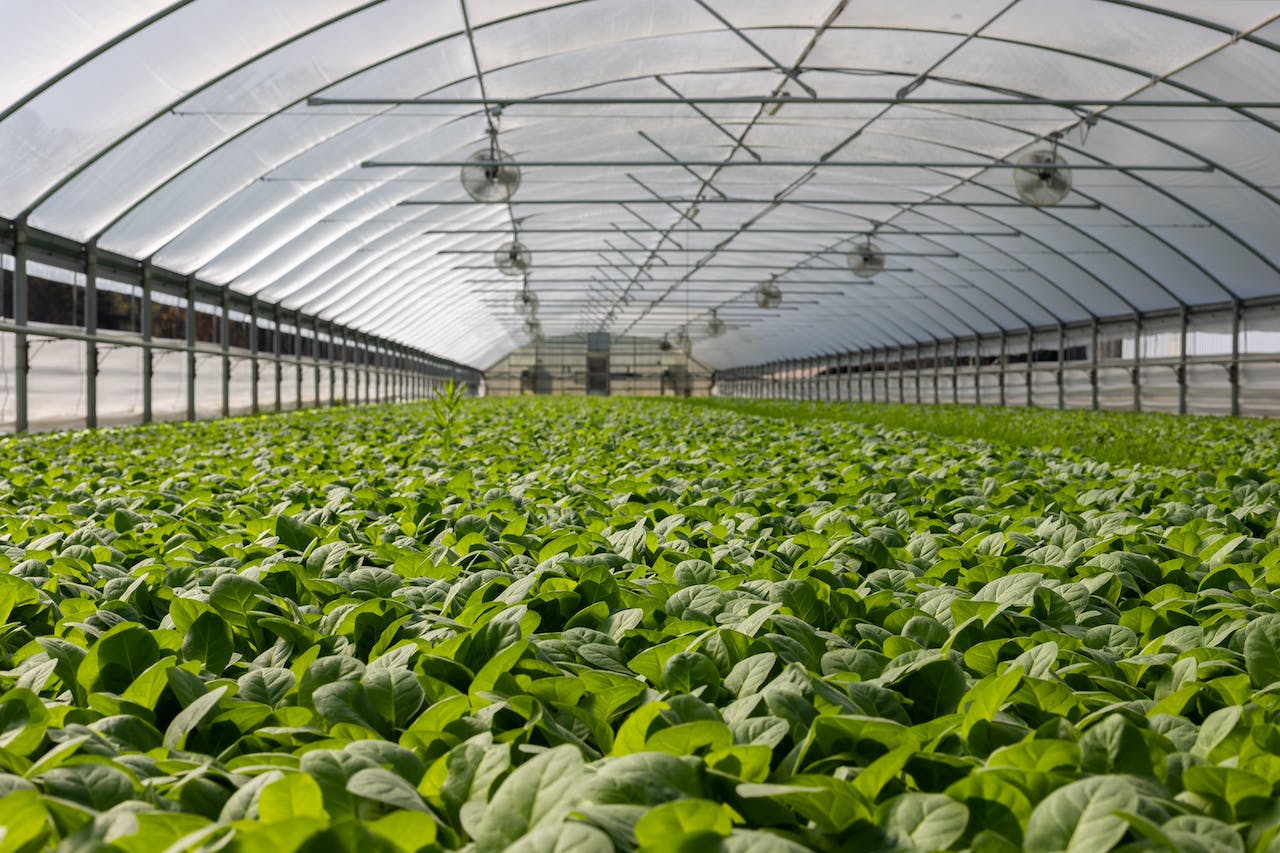Top Soil Amendments to Boost Your Homestead Garden's Health
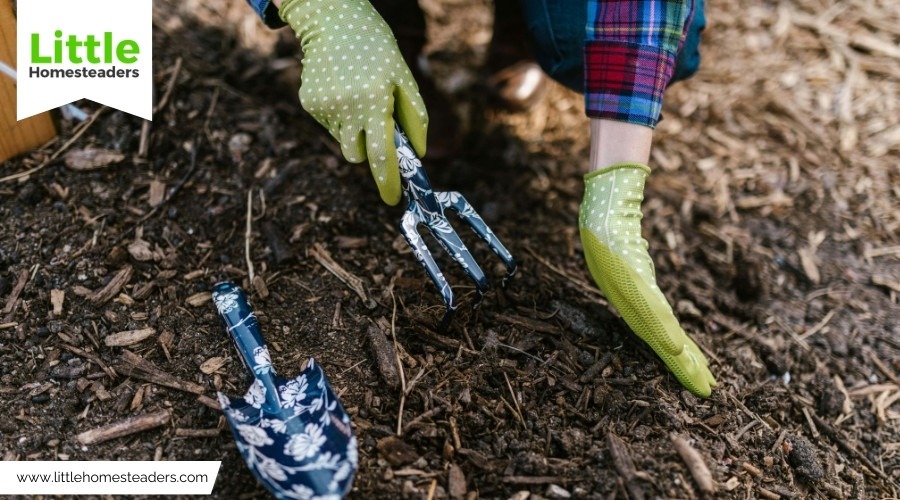
Healthy soil is the unsung hero of a thriving homestead garden. It's not just dirt; it's a living, breathing ecosystem that nurtures your plants and keeps them strong. But what happens when your soil isn't quite up to the task? Enter soil amendments—natural boosters that can transform your garden from struggling to stunning. Let's dig into the topsoil amendments that can help you build rich, healthy soil and keep your plants flourishing.
Understanding Soil Health
Why Healthy Soil Matters
Your soil is more than a place for roots to hang out. It's a dynamic mix of minerals, organic matter, air, water, and microorganisms. Together, these elements create a fertile foundation for your plants. Healthy soil means better water retention, stronger plants, and less dependency on chemical fertilizers.
What's in Your Soil?
Good soil is made up of approximately:
- 50% weathered rock
- 25% air
- 25% water
- 5-10% organic matter and beneficial microorganisms
If your soil isn't producing the results you want, it's time for a soil test. Testing helps you understand what's missing so you can add the right amendments—no guessing games are required!
The Role of Microorganisms
Microorganisms in the soil play a crucial role in breaking down organic material, making nutrients more available to plants. These tiny helpers include bacteria, fungi, and nematodes, each with a specific job. Encouraging their growth through amendments like compost or worm castings can amplify soil health dramatically.
Top Soil Amendments for a Thriving Garden
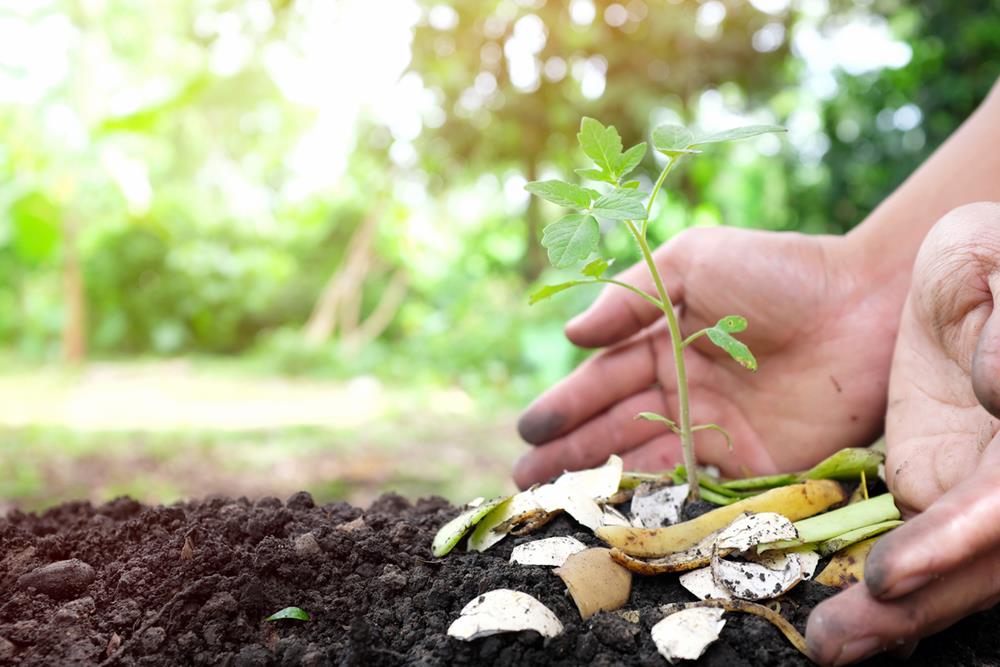
1. Compost
Compost is like a multivitamin for your soil. Made from decomposed organic matter, it boosts nutrients, improves texture, and increases water retention.
How to Make It: Combine "green" materials (kitchen scraps, grass clippings) with "brown" materials (leaves, wood chips) in a 2:1 ratio. Turn the pile regularly to aerate it and keep the temperature between 105-140°F to speed up decomposition.
How to Use It: Spread 1-2 inches of compost over your garden and work it into the top layer of soil.
Common Challenges: If your compost pile smells bad, it's likely too wet or contains too much nitrogen-rich material. Fix this by adding more browns like dried leaves or sawdust.
2. Mulch

Mulch does double duty: it protects your soil and helps retain moisture. It also suppresses weeds and regulates soil temperature—a must for hot summers or frosty winters.
Types of Mulch: Fine wood chips or composted leaves are great for flowers and veggies. For weed control, chunkier wood chips are your go-to. Avoid fresh pine bark, as it can alter soil pH.
Pro Tip: Pre-compost your mulch to prevent it from robbing nitrogen from your soil.
Additional Benefits: Mulch not only conserves moisture but also reduces soil erosion caused by heavy rains. It creates a buffer that absorbs impact, protecting delicate plant roots.
3. Worm Castings
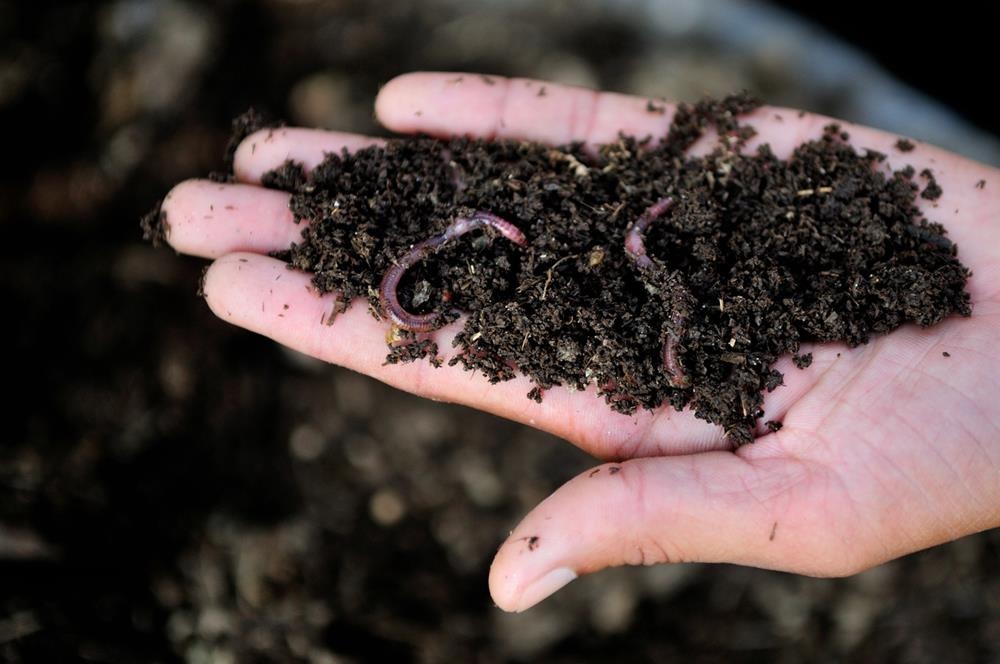
Worm castings are essentially worm poop, but don't let that gross you out. They're packed with nutrients and beneficial microorganisms that improve soil fertility and structure.
How to Use Them: Sprinkle castings around your plants or mix them into your potting soil for a nutrient boost.
Why They Work: Worm castings are rich in humic acid, which stimulates plant growth. They also have the unique ability to repel certain pests, making them a natural way to protect your garden.
4. Compost Tea
Compost tea is exactly what it sounds like: compost is brewed in water to create a nutrient-rich liquid. It's like an energy drink for your plants, delivering nutrients directly to the soil and leaves.
How to Make It: Fill a bucket with water and steep compost in it for 24-48 hours. Strain and apply as a foliar spray or soil drench.
Why It's Awesome: Compost tea not only nourishes plants but also supports beneficial microorganisms, which are crucial for soil health.
Pro Tip: Use non-chlorinated water to make compost tea, as chlorine can kill the beneficial microbes you're trying to encourage.
5. Biochar

Biochar is a charcoal-like substance made from organic materials. It's highly porous, making it a great home for microorganisms and a tool for improving water retention.
How to Use It: Mix biochar with compost before applying it to your soil. This pairing amplifies its benefits and helps it integrate more effectively.
Environmental Impact: Biochar can sequester carbon for hundreds of years, making it a sustainable choice for gardeners concerned about climate change.
6. Mineral Amendments
Sometimes, your soil just needs a little extra something. That's where mineral amendments come in.
- Azomite: Adds trace minerals to boost plant nutrition.
- Greensand: Improves soil texture and adds potassium and iron.
- Gypsum: Supplies calcium and sulfur while breaking up compacted soil.
- Dolomitic Limestone: Balances soil pH and adds magnesium.
Pro Tip: Always tailor mineral amendments to your soil test results to avoid overdoing it.
Layering Minerals: Some gardeners combine multiple mineral amendments in layers to address different soil zones. This ensures deeper root systems benefit from amendments over time.
How to Apply Soil Amendments Effectively
- Timing Is Everything: Add amendments in early spring or late fall for best results.
- Mix It Up: Work amendments into the top 6-12 inches of soil.
- Don't Overdo It: More isn't always better. Stick to recommended amounts to avoid nutrient imbalances.
- Water Wisely: After applying amendments, water your garden thoroughly to help integrate them into the soil.
Experiment and Observe: Every garden is unique. Keep a journal of what amendments you use, when you apply them, and how your plants respond.
Long-Term Benefits of Soil Amendments
Investing in soil health pays off in more ways than one. Amendments not only improve your garden's productivity but also reduce the need for chemical fertilizers. Plus, they're good for the environment, promoting carbon sequestration and supporting a healthier ecosystem.
Ecosystem Impact: Healthier soil supports pollinators like bees and butterflies, creating a more vibrant garden and contributing to local biodiversity.
Conclusion
Healthy soil is the foundation of a thriving homestead garden. By using the right soil amendments and applying them effectively, you can create an environment where your plants will flourish for years to come. Ready to give your garden the boost it needs? Start with a soil test, choose your amendments wisely, and let nature do the rest. Healthy soil, happy plants—it's that simple.

